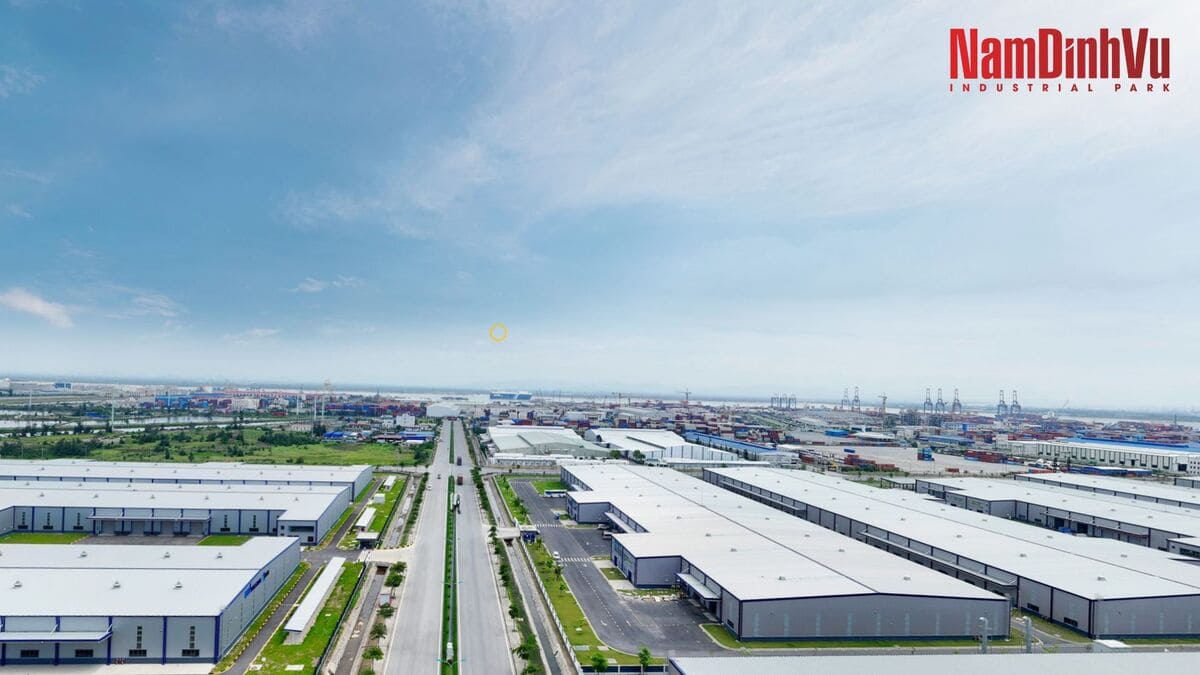Vietnam Real Estate Market
From robust economic fundamentals to sweeping legal reforms, Vietnam’s real estate market is emerging as a strategic destination in Southeast Asia. If you’re seeking a long-term, sustainable, and transparent investment opportunity, 2025 is the time to take action.
Strong Economic Growth: A Solid Foundation for Investment Momentum
Vietnam enters 2025 with a series of positive economic signals. In 2024, GDP grew by 7.09%, significantly higher than the 5.05% of the previous year. International organizations such as the World Bank and Oxford Economics have both forecast that Vietnam’s GDP will continue to grow steadily above 6.5% in 2025.
Accompanying this growth is a steady inflow of high-quality foreign direct investment (FDI). In 2024, Vietnam disbursed USD 25.4 billion in FDI—its highest in years, up 9.4% year-on-year. This reflects growing investor confidence in Vietnam’s business environment and long-term potential, laying a strong foundation for a vibrant real estate market.
Industrial and Logistics Real Estate: Vietnam’s Next Growth Frontier
Global supply chain shifts are unlocking unprecedented opportunities for Vietnam’s industrial and logistics property segments. As multinational companies seek alternatives to China, Vietnam stands out with its competitive costs, strategic location, and investment-friendly policies.
The expansion of modern infrastructure—including highways, seaports, and smart industrial parks—further supports this momentum. In parallel, there is a growing wave of investment in eco-friendly warehouses and technology-enabled logistics hubs, signaling a long-term shift toward automation and sustainability in global production. FDI continues to pour into this sector in 2024, pointing to massive growth potential in 2025 and beyond.

New Legal Frameworks Unlocking Investment Potential
Three major revised laws—the Land Law, the Housing Law, and the Real Estate Business Law—came into effect in 2024, ushering in a new era of legal transparency and investor protections. Key highlights include:
- A new land pricing framework, adjusted upward by 4 to 38 times to reflect market value and reduce budget revenue losses;
- Foreign homeownership allowances, capped at no more than 30% of units in a condominium building or 350 units within one ward;
- Streamlined investment procedures, which help shorten approval timelines and reduce costs.
These regulatory improvements are building investor confidence and aligning Vietnam’s real estate market with international standards.
A Clear Path for Foreign Investors: Defined Rights, Safer Environment
Vietnam remains one of the few Southeast Asian countries that allows foreign individuals and organizations to own residential properties in commercial housing projects. Although foreigners cannot own land, the legal framework has become more accessible and well-defined.
Understanding these legal boundaries is critical for international investors to fully harness the potential of the market while minimizing risk. This transparency and stability are key factors driving growing FDI into premium residential, office, and industrial assets in Vietnam.
Challenges to Navigate on the Road to Sustainable Growth
Despite the abundant opportunities, investors should be mindful of several challenges in Vietnam’s property market:
- Supply-demand imbalance: High-end housing dominates the market, making up 70% of total supply, while affordable housing remains scarce;
- Limited access to capital: Although interest rates are easing, market liquidity is still constrained, making financing difficult for both developers and buyers.
In response, the Vietnamese government is aggressively implementing a nationwide affordable housing development plan, aiming to promote social equity and reduce overheating in the luxury segment.
Why Vietnam Should Be Your Next Investment Destination in 2025
With its strategic location, rapid urbanization, improved infrastructure, and progressive legal reforms, Vietnam is fast becoming one of the most attractive real estate markets in Southeast Asia.
Here’s why global investors are turning their attention to Vietnam:
- High and stable GDP growth
- Increasing FDI inflows into real estate
- Robust legal reform for greater transparency
- Foreign ownership opportunities with clear limits
- Rapid growth in industrial and logistics ecosystems
In conclusion, Vietnam is entering a new phase of real estate development, offering substantial opportunities for both domestic and international investors. With a more transparent legal environment and strong economic tailwinds, 2025 presents a prime window to step into the market.
Source: Vietnam Briefing
